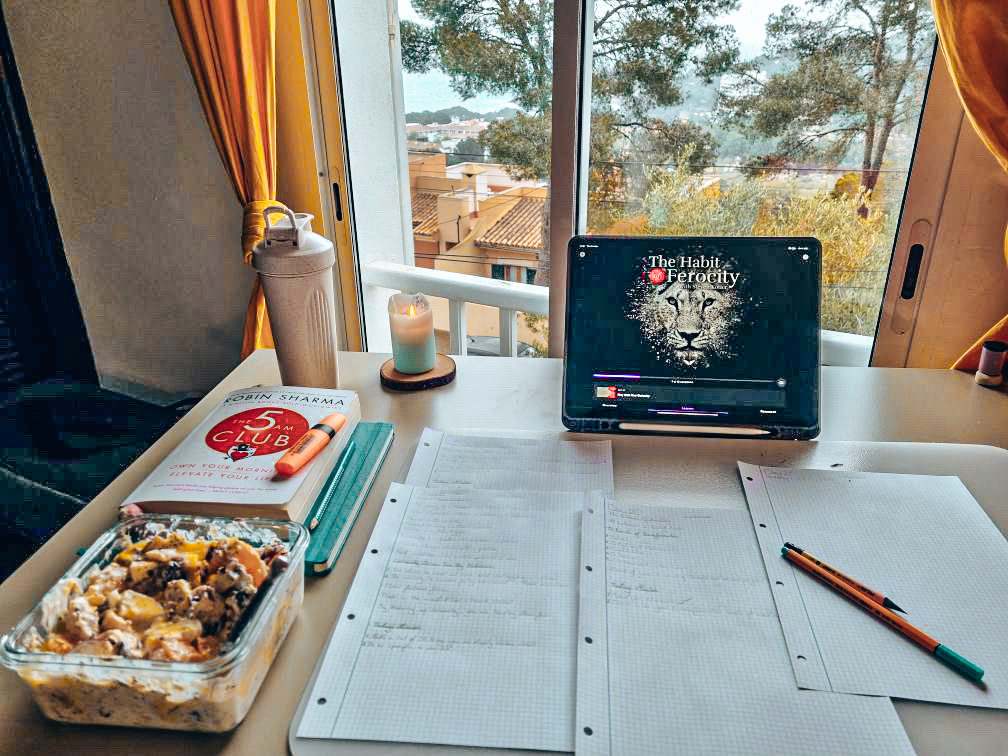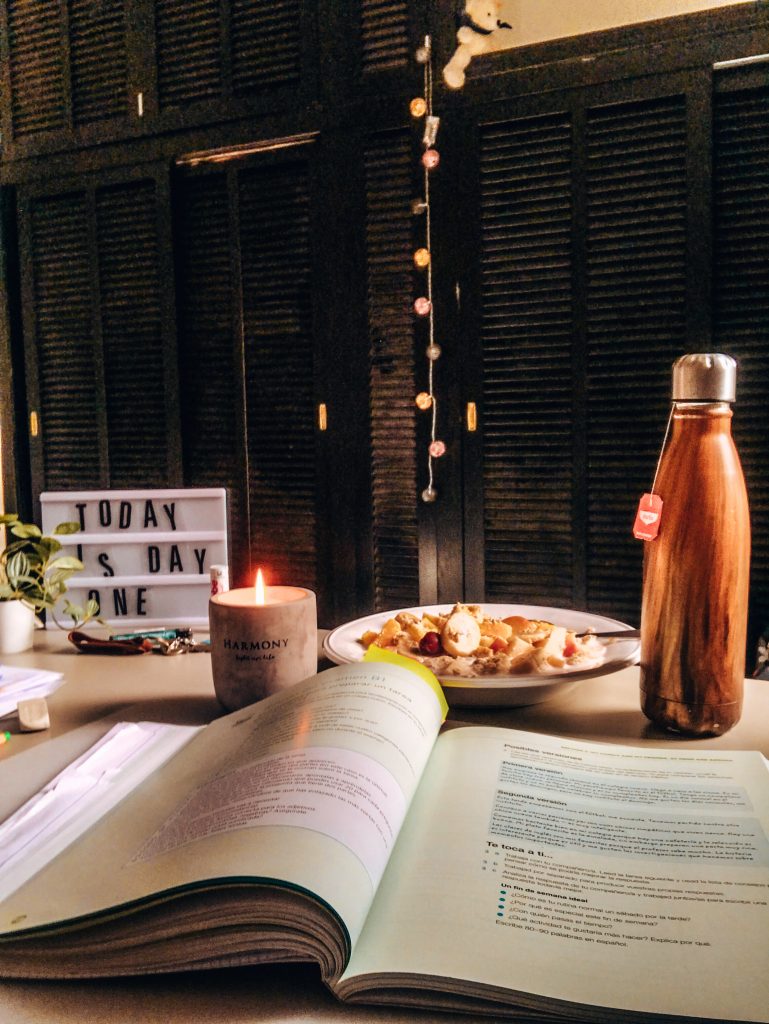Let’s put some perspective and answers to the subject of homeschooling as I take you on my very own travelers homeschool journey
‘How does homeschooling even work?,’ you may ask. ‘Can you even call it school? I mean, it doesn’t really have something to do with traditional schooling, does it?’ you may think. ‘Real-life school is way more valuable than traditional schooling,’ you may claim.
What if I told you that homeschooling itself, whether through structured academics or real-life lessons, has been one of my greatest teachers—one that shaped my identity and personality for life?
As a homeschool teenager who successfully navigated my way through the IGCSE curriculum, I sincerely wish that this blog brings you value and clears any doubts you have about homeschooling. These are not just words or opinions; they come from my first-hand experience and my travelers homeschool journey.

What Is Homeschooling? Understanding the Homeschooling Basics
Homeschooling can mean many things. You could be talking about the same concept but interpreting it completely differently. So, what is homeschooling?
Literal Homeschooling: Bringing School to Your Home
Homeschooling can literally mean bringing traditional schooling home. This approach involves students being enrolled in an online school, attending virtual classes via Zoom, or working through structured material with the support of parents. In my case, I took this one step further. I worked through the necessary material completely on my own, with occasional help from online tutorials and—you guessed it—YouTube videos.
Alternative Homeschooling: Learning Through Real-Life Experiences
Then there’s the much-debated alternative homeschooling approach, where parents embrace “real-life education.” Families following this method focus on exposing their children to practical life experiences, helping them learn through travel, social interactions, and real-world challenges. The idea is to foster natural growth and understanding without enforcing rigid academic structures or traditional school disciplines.
The Hybrid Homeschooling Method: Combining the Best of Both Worlds
During my homeschooling journey, I experienced a mix of both. My parents supported me in prioritizing opportunities and making decisions about my education. Some days, I leaned toward real-life lessons, while other days, I embraced structured academics. This hybrid approach allowed me to benefit from the best of both worlds.

My Homeschooling Journey as a Traveler: A Personalized Approach to Education
How I Achieved IGCSE Success Through Homeschooling
So, how did I navigate my homeschooling years? With the help of deeply trusting and open-minded parents, I literally crafted my own school. From selecting my IGCSE subjects to preparing for exams, I took full responsibility for my education.
With set deadlines and fixed examination dates at an international school for external candidates, I created a structured study schedule. Following the British curriculum, I gathered all the books and materials I needed to acquire the necessary knowledge. When choosing my subjects, my parents and I considered three key questions:
- What do I need in life
- What are my interests?
- If I choose to study further, what would I like to dedicate my time to?
The answers to these questions helped me narrow it down to six subjects. Over the course of two years, I worked through 12 books and devoted myself entirely to understanding the material.
On some days, I prioritized real-life opportunities while traveling, embracing the alternative homeschooling method. But when it came time to focus, I condensed what would normally take two years of study into just two months. Study books, online tutorials, and sheer discipline—that’s all it took.
How Homeschooling Shaped My Identity and Personality
Homeschooling isn’t easy, especially when you do it all on your own. No online school, no tutors, and no parents as teachers—just you, the books, and your goals. An authentic nomadic homeschool experience.
Key Skills Homeschooling Teaches: Beyond Academic Knowledge:
- Discipline: Sticking to a schedule and meeting deadlines.
- Consistency: Showing up every day, even when it was tough.
- Determination: Staying motivated despite challenges.
- Responsibility: Taking charge of my education and results.Problem-Solving: Learning how to overcome obstacles independently.
The Daily Discipline of Homeschooling: A Peek Into My Routine
People say, “If I can’t, then I must; and if I must, then I can.” That became my mantra.
My homeschooling days started early—5 AM. After a morning routine of exercise, reading, and reflection, I would take my dog for a walk and then sit at my desk by 7 AM. I divided each book into manageable sections, ensuring I completed the required number of pages daily. Sometimes it was 20 pages; other times, it was 40. But no matter what, I finished the day with a thorough understanding of the material.
Why Homeschooling Is the Most Valuable Form of Education
That being said, it’s clear that homeschooling goes far beyond academics. It encompasses life lessons, practical experiences, and the development of essential personal traits.
What I’m trying to say, dear student and parent, is this: You can do both. You can travel the world, learn from every encounter, expand your perspective, and strengthen your understanding of humanity. And academics? With the right mindset, discipline, and commitment, you can achieve just as much—if not more—than traditional schooling.
Homeschooling gives you a head start in life. It’s not a lesser form of education but, in my opinion, the most valuable one of all.
Embrace this extraordinary opportunity—it could be the most life-changing decision you’ll ever make. I can’t wait to read about your own travelers homeschool journey.
